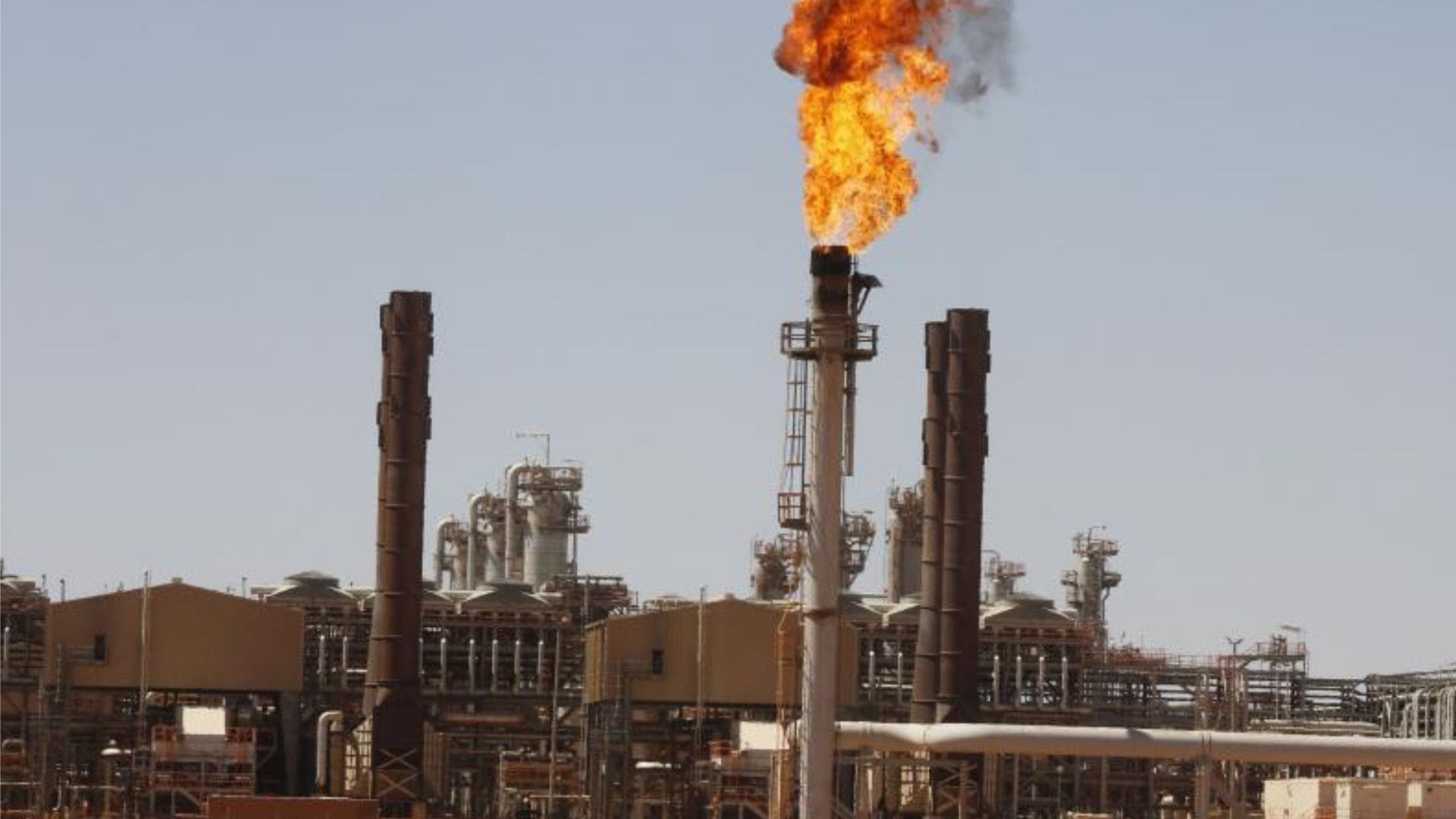Unlocking Algeria's Vast Potential: Exploring the Future of the Oil and Gas Industry
- Algeria | 11 March 2023

Algeria, the largest country in Africa and a significant player in the global energy market, holds immense potential in its oil and gas industry. With substantial reserves and a strategic geographic location, Algeria has the opportunity to capitalize on its resources and become a key player in meeting the world’s energy demands. This article delves into the country’s untapped potential, the challenges it faces, and the prospects for its oil and gas industry.
Algeria boasts abundant reserves of oil and natural gas, positioning it among the top hydrocarbon producers in Africa. Its proven oil reserves exceed 12 billion barrels, while its natural gas reserves rank among the largest globally. The country’s diverse geology presents exploration opportunities, with several unexplored basins and promising prospects yet to be tapped. The potential for further discoveries and the development of existing reserves make Algeria an attractive destination for international oil and gas companies.
Situated in North Africa, Algeria holds a strategic geographic advantage as a gateway between Europe and Africa, making it an ideal energy supplier for both continents. Its proximity to European markets reduces transportation costs and enhances energy security for European nations. Additionally, Algeria’s coastal location facilitates liquefied natural gas (LNG) exports, contributing to its role as a reliable supplier in the global market. Leveraging its geographical advantage, Algeria can strengthen its position as a vital energy hub and forge strategic partnerships with international stakeholders.
To realize its full potential, Algeria recognizes the need for foreign investment and has taken steps to attract international companies. The government has implemented reforms aimed at enhancing the investment climate, including the revision of hydrocarbon laws to provide more favorable terms for investors. The introduction of flexible contractual frameworks and the easing of bureaucratic procedures demonstrate Algeria’s commitment to fostering a business-friendly environment. These measures have generated increased interest from international oil and gas companies, paving the way for mutually beneficial partnerships and collaboration.
Despite its vast potential, Algeria faces challenges in fully unlocking its oil and gas resources. Aging infrastructure, technological limitations, and the need for advanced exploration techniques require significant investment and expertise. Moreover, the country recognizes the global shift towards sustainable energy and aims to balance its hydrocarbon sector with renewable energy development. Algeria has initiated renewable energy projects, such as solar and wind farms, showcasing its commitment to sustainable practices and diversification.
With ongoing reforms, favorable investment conditions, and a commitment to sustainability, Algeria’s oil and gas industry is poised for a promising future. The potential for increased production, exploration of untapped resources, and expanded LNG exports presents significant opportunities for economic growth and job creation. Furthermore, Algeria’s role as a reliable energy supplier can contribute to regional stability and cooperation.
Algeria’s oil and gas industry holds immense potential, driven by its vast reserves, strategic geographic location, and ongoing reforms. With a favorable investment climate and commitment to sustainability, Algeria is poised to attract international companies and foster partnerships that can unlock its full potential. By capitalizing on its resources, embracing innovation, and addressing infrastructure challenges, Algeria can solidify its position as a key player in the global energy market while contributing to its own economic growth and the energy security of its partners.








